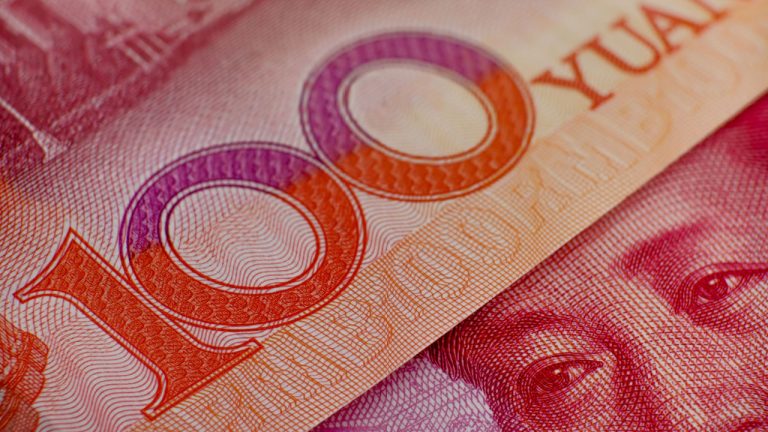
Brazil and China have reached a milestone in their economic integration, as the first bilateral settlement in Chinese yuan was completed ahead of the visit of President Luis Inacio “Lula” da Silva to China. The settlement, which was processed by the Industrial and Commercial Bank of China (ICBC) paves the way for cheaper and simpler payments between the countries, according to analysts.
Brazil and China Move to Settle Trades Using the Chinese Yuan
Brazil and China have moved towards a tighter trade integration, having processed their first bilateral settlement using the Chinese yuan. The first transaction was processed by the Industrial and Commercial Bank of China (ICBC), the bank designated by the Chinese government to act as a clearing institution for Brazilian companies determined to use the yuan for international settlements.
The integration of the Chinese yuan in cross-border settlements signals a new, simpler way for companies to be involved in trade transactions without including a third currency conversion factor. Brazil and China inked an agreement last month to settle bilateral transactions using national currencies.
Guo Haiping, honorary president of the General Chamber of Chinese Entrepreneurs in Brazil, explained that the stability of the yuan was paramount in these operations, helping institutions save on exchange fees. He declared:
The yuan helps reduce the market risk as well as cut trading costs.
TLC, a Chinese electronics giant, told Global Times that with the integration of yuan settlements, investments are cheaper and less risky because they don’t require conversions to a third currency.
Lula Calls for Abandoning the U.S. Dollar as World Currency
The transaction came before the visit Brazilian President Luis Inacio ‘Lula’ da Silva made to his Chinese counterpart, President Xi, with analysts expecting more integration announcements, including the potential integration of Brazil into China’s “Belt and Road” initiative. This would involve putting more capital into such mechanisms, to make them significant for bigger companies and settlements, according to Tang Jie, a Chinese researcher of Latin American affairs.
‘Lula’ has already called for the abandonment of the U.S. dollar as part of his statements during the appointment of former Brazilian President Dilma Rousseff as president of the New Development Bank in Shanghai, the so-called “BRICS bank.” In a speech at the event, ‘Lula’ stated:
I ask myself every night why all countries have to base their trade on the dollar. Why can’t we trade using our own currencies? Who decided that the dollar would be the dominant currency after the gold standard disappeared?
What do you think about the joint de-dollarization-focused actions that China and Brazil are currently taking? Tell us in the comments section below.





